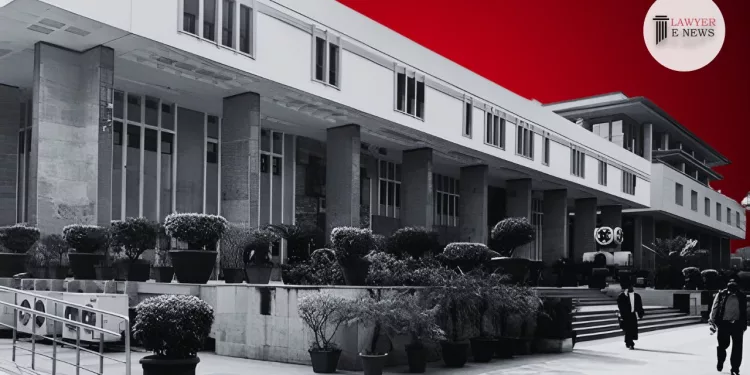Specific Composition and Process Claims Are Novel and Not Disclosed in Prior Patent D1: Delhi High Court Upholds Patent Controller’s Decision

In a detailed judgment, the High Court of Delhi dismissed an intra-court appeal filed by Rich Products Corporation (RPC) against an earlier decision of the Single Judge which upheld the Controller of Patents’ rejection of RPC’s pre-grant opposition to a patent application filed by Tropilite Foods Pvt. Ltd. (TFPL).
Legal Context
The legal issue revolved around the anticipation by prior art under Section 25(1) of the Patents Act, 1970. The appellant challenged the Controller’s decision, arguing that the claimed invention by TFPL was not novel and had been disclosed in their earlier expired patent, referred to as D1. The Court’s analysis focused on the specifics of the patent claim and whether it constituted a substantial reproduction of the prior art disclosed in RPC’s expired patent.
Facts and Issues
TFPL sought a patent for an “artificial liquid cream for utilization in unsweetened cooking and whipping applications.” RPC opposed the grant on the grounds of anticipation by prior art, asserting that the claims by TFPL were covered under their previously granted and now expired patent, D1. The Controller, however, rejected the pre-grant opposition, prompting RPC to seek judicial review, which was initially not entertained by the Single Judge due to the availability of alternative remedies under the Patents Act.
Detailed Court Assessment
Novelty and Prior Art: The Court noted that the Controller had found the specific composition and process claimed by TFPL, which included a stabilizer system of Xanthan Gum and Hydroxypropyl Methyl Cellulose (HPMC), to be novel. D1 used different stabilizers and did not disclose the exact composition claimed by TFPL.
Judicial Review Limitations: The High Court emphasized the discretionary nature of judicial review under Article 226 of the Constitution, especially when alternative statutory remedies are available. The Court found that there was no manifest error in the Controller’s decision that warranted interference.
Alternative Remedies: Echoing the learned Single Judge’s sentiments, the Division Bench highlighted that the remedies post-grant under the Patents Act were adequate for challenging patent grants.
Decision The appeal was dismissed, affirming the Single Judge’s decision and the Controller’s rejection of RPC’s pre-grant opposition. The Court underscored the sufficiency of the alternative remedies available under the Patents Act for challenging patent grants.
Date of Decision: May 1, 2024
Rich Products Corporation v. The Controller of Patents & Anr.





